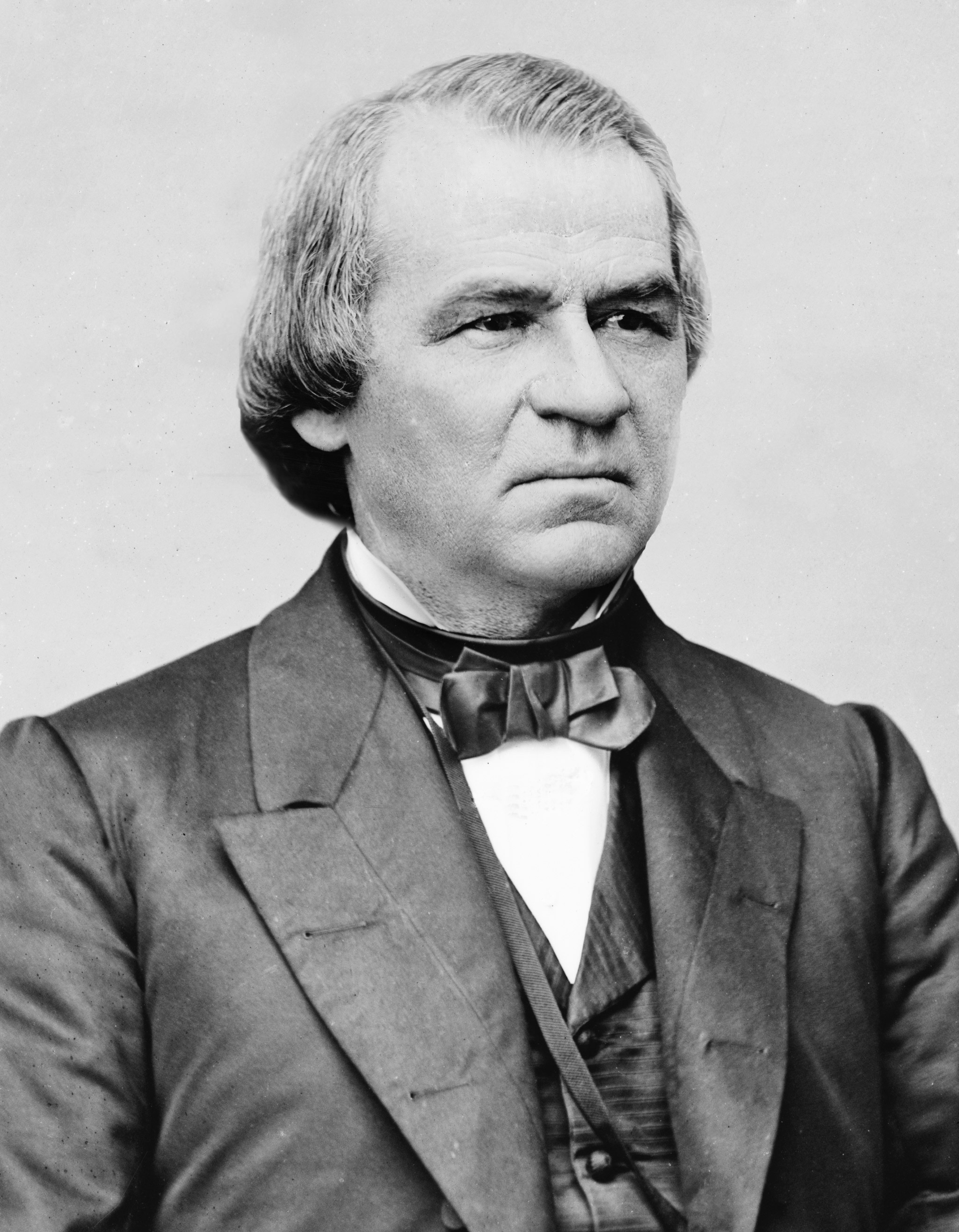BrownBunny
All Star
Ronald Regan:





- arbiter of the "welfare queen” myth
- perfected President Richard Nixon's infamous "southern strategy" for the GOP
- taught how to attract voters through racially coded appeals that allowed them to avoid admitting they were attracted by the racist appeals
- stood at the head of a reactionary movement that undid some of the material gains of civil rights and Black power activists.
- during his first year in office, the median income of Black families declined by 5.2 percent and the number of poor Americans, who were disproportionately Black, increased by 2.2. million--a sign of things to come under Reaganomics.
- War on Drugs which ignored the CIA-back Contra rebels of Nicaragua from smuggling cocaine into the country to fund their operations while his forces were mobilized to draw media attention to their spreading of crack cocaine in 1985.
- he signed "with great pleasure" the Anti-Drug Abuse Act, which established minimum sentencing for drug crimes and led to the mass incarceration of Black and Brown drug offenders over the next few decades.

- When President Johnson issued his Reconstruction proclamations about a month later on May 29, 1865, he deflated the high hopes of civil rights activists.
- offered amnesty, property rights, and voting rights to all but the highest Confederate officials (most of whom he pardoned a year later).
- He later ordered the return of land to pardoned Confederates, null and voided those wartime orders that granted Blacks forty acres and a mule, and removed many of the Black troops from the South.
- Feeling empowered by President Johnson, Confederates instituted a series of discriminatory Black codes at the constitutional conventions that reformulated southern states in the summer and fall of 1865. The immediate postwar South became the spitting image of the prewar South in everything but name--as the law replaced the master.
- President Johnson vetoed the Freedmen's Bureau Bill and Civil Rights Bill of 1866, compelling Congress to pass them over his veto.
- President Johnson also opposed the 14th and 15th Amendments to the U.S. constitution, and in 1868 became the first American president to be impeached by the House of Representatives.

- oversaw the re-segregation of the federal government. Black federal workers were fired, and those that remained faced separate and unequal workspaces, lunchrooms, and bathrooms.
- He refused to appoint Black ambassadors to Haiti and the Dominican Republic, as was custom.
- unapologetically backed what he called the "great Ku Klux Klan," and championed the Klan's violent disenfranchisement of southern African Americans in the late 19th century.
- began the brutal two-decade U.S. occupation of Haiti in 1915, preventing Haitians from self-governing.
- effectively killed Japan's proposal for a treaty recognizing racial equality, thus sustaining the life of European colonialism.

- The job benefits in his New Deal, like minimum wage, social security, unemployment insurance, and unionizing rights where made to benefit mainly White Americans.
- Farmers and domestics--southern Blacks' primary vocations--were excluded from the New Deal and federal relief was locally administered, satisfying southern segregationists.
- Northern segregationists were also satisfied by the housing discrimination in New Deal initiatives, like coding Black neighborhoods as unsuitable for the new mortgages.
- As such, Black communities remained buried in the Great Depression long after the 1930s while these New Deal policies (combined with the GI Bill) exploded the size of the White middle class.
Last edited:






 Them all.
Them all.